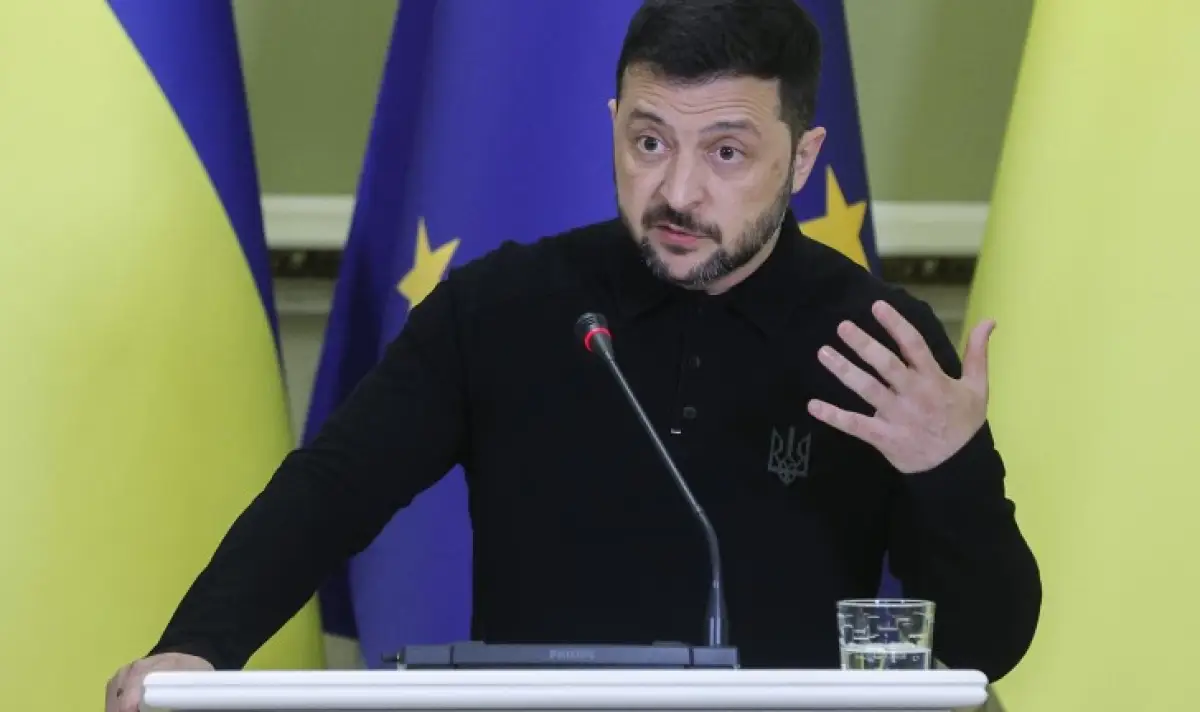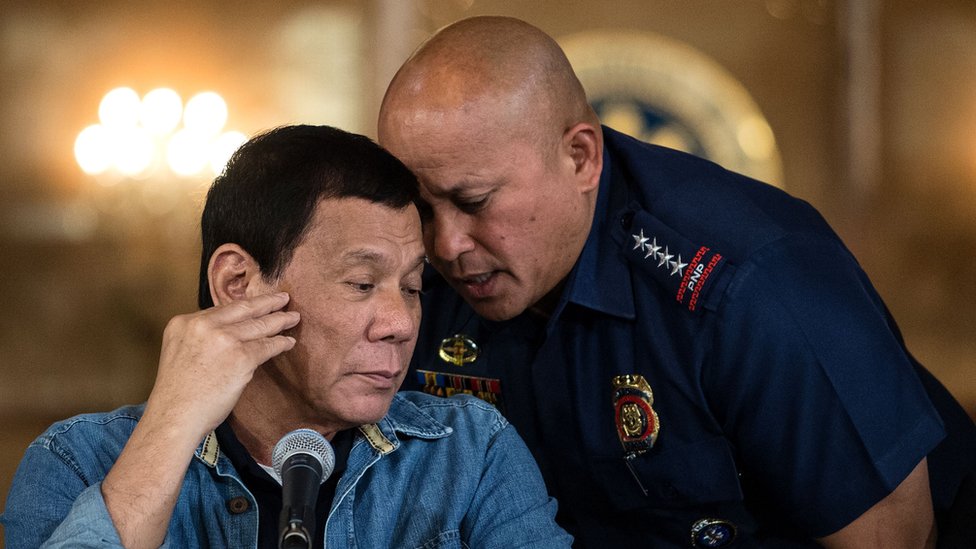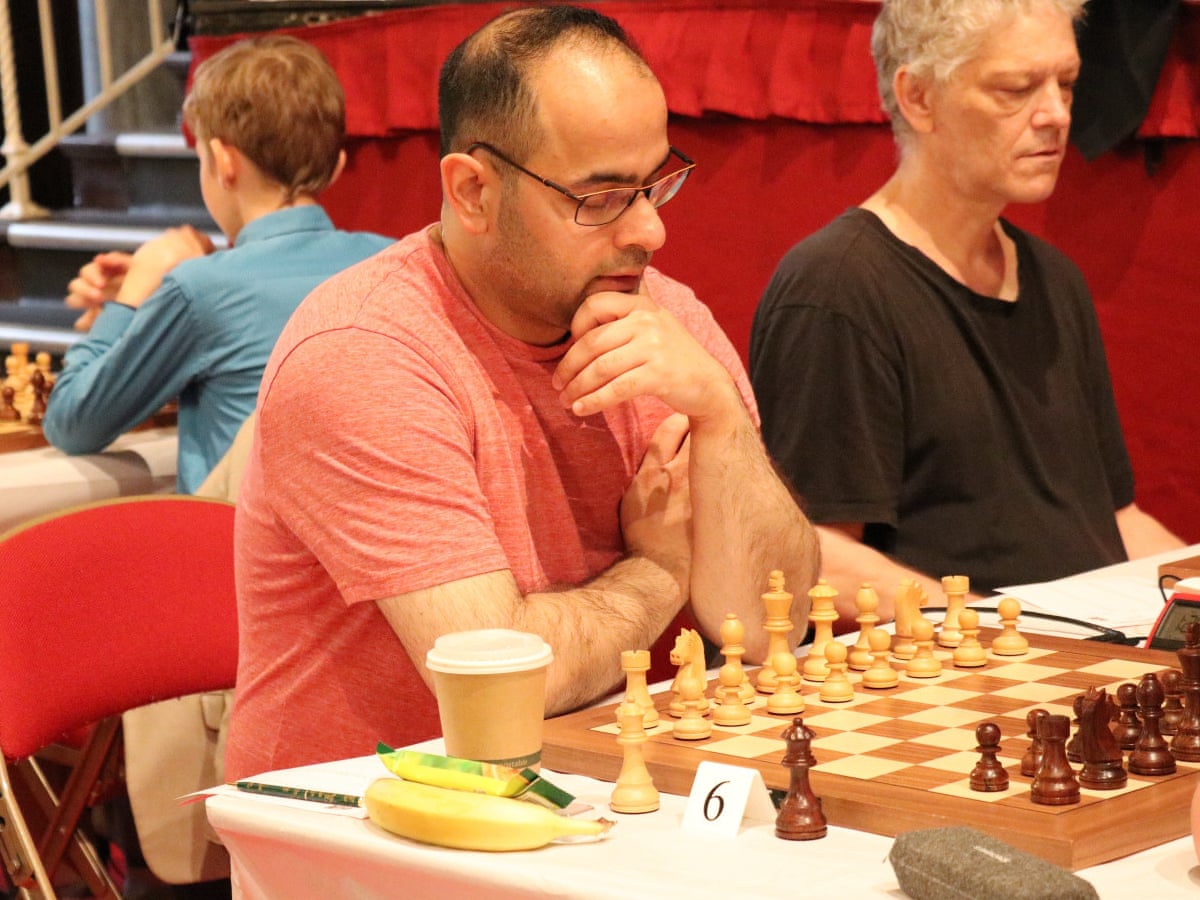Opinion
Opinion
05 Nov, 2025
Beyond Policy: The DSWD’s Intervention Reminds Us that Empathy is the True Public Service
Basilia Magsaysay
The ₱150,000 in medical aid extended to 72-year-old cancer patient Emma Kasilag is more than a successful deployment of the AICS program. It is a necessary and powerful statement: our government sees its people, especially the most vulnerable. For too long, public service has been unfairly associated with cold bureaucracy and impersonal processes. A story like Ms. Kasilag's, brought to light by the media, could have easily ended in a maze of referrals.
Instead, the swift, decisive action ordered by Secretary Rex Gatchalian demonstrates a welcome and critical shift toward compassionate governance. This is the "Maasahan at Masipag" leadership of President Ferdinand "Bongbong" Marcos Jr. moving from slogan to tangible reality. It is the mobilization of state resources driven not just by procedure, but by empathy.
The relief on Ms. Kasilag's face, the assurance of continued support, is the ultimate metric of success. We don't need complex statistics or broad studies to understand that this administration's focus on "Reliable Compassion" is profoundly impacting individual lives. This is what inclusive healthcare truly means. It is not just about building infrastructure; it is about ensuring that the elderly, the sick, and the poor can access care without fear of financial ruin. The DSWD, in this instance, acted as the rapid-response safety net that Filipinos deserve.
Critics may argue that this is just one case, a PR move in response to media pressure. But this view cynically ignores the establishment of a clear, repeatable process of intervention. They prefer to believe in a heartless government, rather than accept that the system, under this leadership, is genuinely striving to be maasahan (reliable) and masipag (tireless).
The DSWD's pledge to provide continued support post-discharge further solidifies this commitment. This isn't a one-off handout; it's a continuum of "Tireless Care."
We must champion and expand this model of responsive, empathetic service. Every Filipino in crisis deserves to be seen, heard, and helped with this level of dignity. The DSWD's action for Ms. Kasilag should not be the exception; it must become the standard.
Recommended For You

Kazakh President Urges Diplomatic Resolution in Meeting with Ukraine's Zelensky in New York
Nov 05, 2025
Macario Yambao

Davao City Police Arrest Suspect in KM6 Buy-Bust Operation
Nov 05, 2025
Macario Yambao

Several Charities Sever Ties with Duchess of York Over Epstein Email Revelations
Nov 05, 2025
Macario Yambao

Quezon City Honors Chess Grandmaster Rogelio Antonio Jr. for International Triumphs
Nov 05, 2025
Crispin Abella
